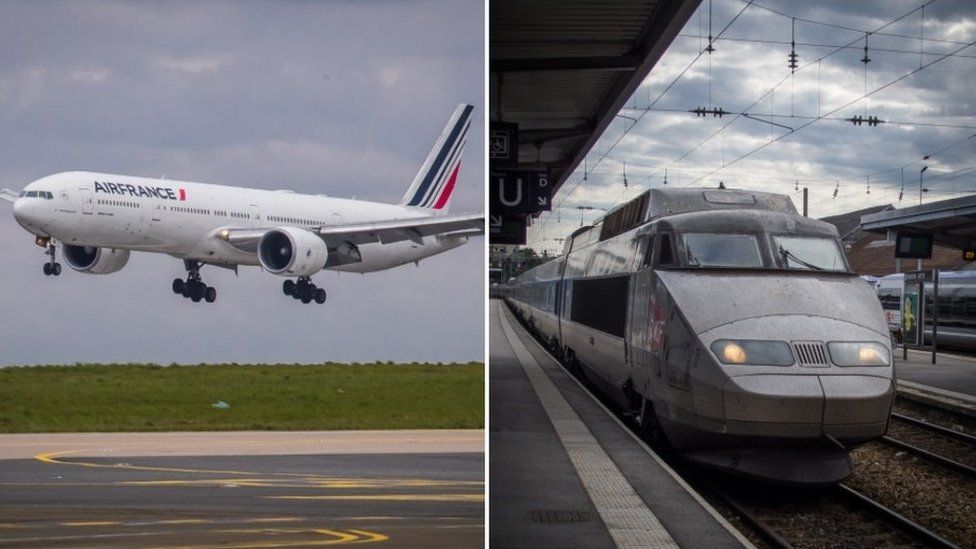If the entire fiasco could be summed up in a few words, they would be: On May 23, France outlawed flying between cities connected by high-speed rail and located more than 2.5 hours away. To be able to go back and forth in a day, the rail connection must be frequent enough. If one lives in France they have to take the train, because there is just no other way anymore. A recent French regulation prohibiting flying between locations that can be reached by a 2.5-hour train journey went into force on May 23. The two cities must be connected by high-speed rail, and the connection must be quick and inexpensive for the air travel ban to be put into place. Furthermore, it needs to be frequent enough for a traveller to be able to travel back and forth on the same day and stay in the city for eight hours.

Only the flights between Paris’ Orly Airport and the towns of Bordeaux, Nantes, and Lyon are now subject to the embargo, which applies to all carriers. As the train link gets better, it may eventually impact additional routes. According to a statement from France’s transport minister, Clement Beaune, “as we fight tirelessly to decarbonize our lifestyles.” “How can we justify using aeroplanes between major cities when there are frequent, quick, and effective train connections?”

The French National Railways is expanding its network and restarting its TGV trains, making for a strong and thriving high-speed rail system in France. As a part of a larger climate policy that aims to reduce carbon dioxide emissions, of which aviation accounts for 2.5% globally, the legislation was initially authorised in 2021. The European Commission later determined that trips between Paris-Charles de Gaulle and Rennes, Paris-Charles de Gaulle and Lyon, Paris-Charles de Gaulle and Nantes, Paris-Charles de Gaulle and Bordeaux, and Lyon and Marseille are not yet short enough or frequent enough to qualify under the original proposal, which was intended to affect eight routes.

Some opponents have noted that the action is mostly symbolic given the breadth of the prohibition. The interim CEO of Airlines for Europe, Laurent Donceel, told AFP that politicians should place their attention on “real and significant solutions” alternatively. The transport minister Beaune did refer to the action as a “symbol” in his statement, but he also noted that it is a powerful one, the first of its sort, and an “essential step” in the correct direction.
For more such updates, keep reading techinnews



